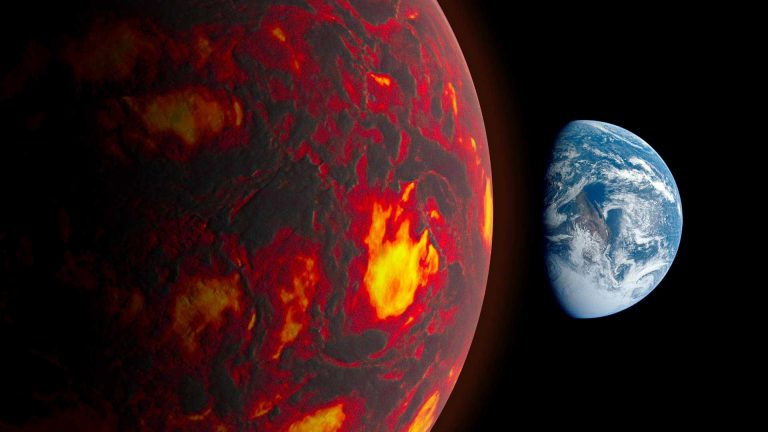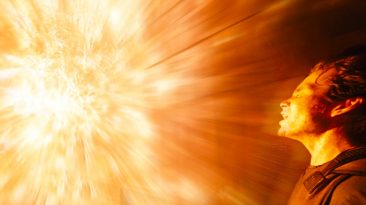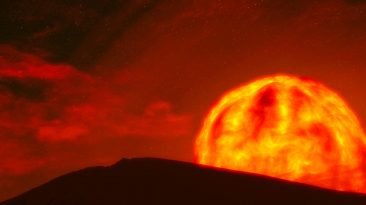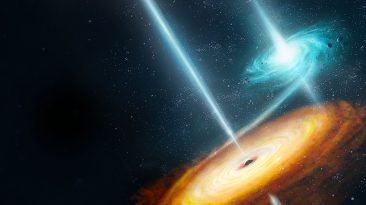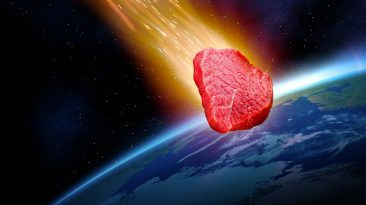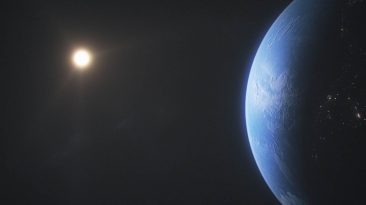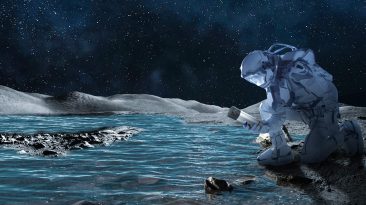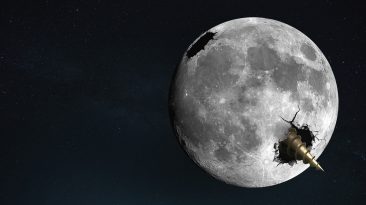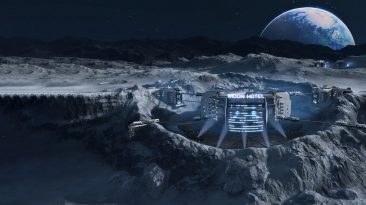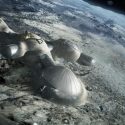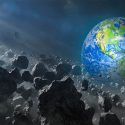Unlike Earth, which is orbiting the Sun, there are billions of rogue planets roaming the Milky Way not bound to any host star.
One of them has been spotted on the edge of our Solar System. What if this interstellar object swung through it? How would this space invader affect the orbits of the planets? Could it possibly push the Earth out of the habitable zone? And what if it was on a collision course with us?
Not all planets have home. If a planet doesn’t belong to any star system, it’s considered a rogue planet. Most of these rogues have been booted out of their birthplace and sent on wild trajectories through the Universe.
This is an interstellar planet with a catchy name. It’s just 20 light-years away from us. It’s nearly 17,000 times the size of Earth and has a powerful magnetic field that makes the planet glow with incredible auroras.
What if this massive alien planet trespassed the borders of our Solar System? Would this mean the end of life here on Earth?
Once the interstellar planet invaded our Solar System, things could go very wrong. This rogue planet would likely be moving at hundreds of km per second. If we were unlucky enough to be on a collision course with this massive alien object, the Earth would be completely demolished.
But don’t worry. Our Solar System is quite big, and the chances of the rogue planet bypassing us without a fatal collision are pretty high.
Instead, our interstellar guest would be busy disturbing the orbits of all the planets in the Solar System. That’s because a rogue planet nearly 13 times bigger than Jupiter would have a huge gravitational impact, making other planet’s orbits, including Earth’s, more elliptical.
And that’s when the bad news begins for life here on Earth.
The Earth is orbiting in the Sun’s relatively narrow habitable zone. Within this zone, also known as the Goldilocks zone, it’s not too cold: so our water doesn’t turn to ice. And not too hot: so it doesn’t get vaporized. And neither do we. Just perfect.
Change the Earth’s orbit, and the conditions for life won’t be so great. The rogue planet might not push us out of the habitable zone, but it would bring us much closer to the Sun for very short and exceptionally hot summers. Those extreme summers would be followed by long and super cold winters.
Quick summers would leave us less time to grow crops. By the end of our first never-ending winter, humanity could face food shortages, even extinction.
The Earth might be thrown in the next ice age. Instead of global warming, we’d be worried about global cooling. We’d rethink our energy sources, and try to pump out more greenhouse gases to warm the planet up a little.
Solar energy, on the other hand, would be considered very inefficient in the wintertime but could be used very effectively during the short blaze of summer.
Count on things being much worse if the Earth gets knocked out of the habitable zone.
At that point, the Earth would considerably cool down. All of our water would freeze. And so would we. This would be the end of most life on Earth. The only way we could survive would be if we learned to live at the bottom of the ocean, next to deep-sea thermal vents that push out extremely hot water.
Maybe eventually, we’d evolve into a different life form that would take control over the frozen planet.
Lucky for us, the Universe is enormous. There’s a lot of space between rogue planets and other objects in our galaxy. And that makes this scenario very unlikely.
References
- There Is an Absolutely Gigantic Rogue Planet Wandering Our Galactic Neighbourhood
- Weather Channel Explores Rogue Planet Doomsday Scenario
- The Strongest Magnetic Fields on the Coolest Brown Dwarfs
- “Hundreds Of Rogue Planets Could Be Discovered With Upcoming Space Tel“. 2020. Astronomy.com. Accessed June 6 2019.


